Prince Ali fights for women's rights in football
President of Jordanian Football Association says FIFA still need to give greater financial backing to the women's game
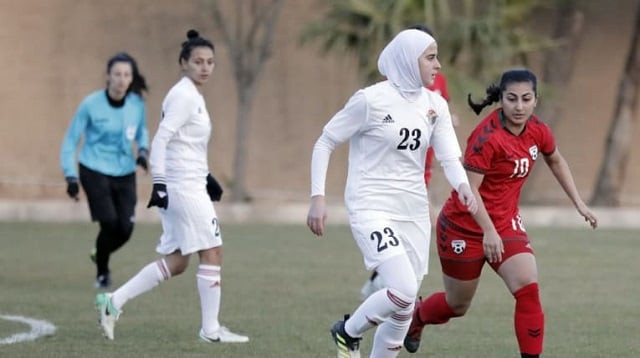
PHOTO: AFP
Ali remains president of the Jordanian Football Association and of the West Asian Football Federation, which he founded.
He also created the Asian Football Development Programme, an NGO now rebranded the Association Football Development Programme Global (AFDP), to do good work through sport.
The NGO works to help youth development and people in need around the world, but the upcoming World Cup, and the scandal over Afghan football officials who sexually abused players on the country's women's national team, have made the AFDP's work with women urgently topical.
Ali has worked to build women's football in Jordan and that includes hosting international tournaments and matches.
"They had come to Jordan to play a friendly with our national team," Ali said of the Afghan team.
"There were some Afghan women who were refugees outside in Europe. The ones inside came to them with horrific stories that were happening within Afghan football in the country and specifically in terms of rape and abuse. They had spoken up.
"They are very brave because they come from a culture where often the victim is the guilty party in things. It could go to the extent of shame on their family."
Wood elected as first female president of NZ Football
The reaction from the football authorities was less than supportive.
"The abuse was coming, we understand, from the top of the football federation itself.
"They had gone to the Asian Football Confederation and also to FIFA with the case. The response from the confederation was: 'If you have a complaint, let the president bring it to us.' The president himself is the accused," said Ali, who is also carefully diplomatic and rarely names the people he is criticising, even if the context makes the identity clear.
"The Afghan football federation put a gag order on them and threatened them. It's a very difficult situation because if this case had happened in Europe, or elsewhere, there would be an uproar."
There have been a spate of sexual abuse cases in global sport recently, in Britain, in the USA and in Brazil, with another one breaking in Colombia this week, but Ali says Afghanistan has characteristics which make it "the worst you can get".
"In cases in the US and other countries, you find that officials are covering up for coaches, or staff who are conducting abuse. In this case, it's the actual officials themselves."
Ali also said FIFA still need to give greater financial backing to the women's game, and said women in football face major challenges when it comes to accessing power.
"They have this rule that you can only have one person, for example in the FIFA council, representing a country," said Ali, explaining that because the traditional powers already have a man on the FIFA council, "the main countries that have the top experience in women's football are not represented."
Ali also says that FIFA should not bundle the men's and women's World Cups together for sponsorship, but sell them separately.
"In the women's World Cup in Canada the revenue that came out of that World Cup, the amount that went back to women was much less than they generated. That also went, the majority, to the men's game."
Blatter eventually won the 2015 presidential vote after Ali withdrew from contention before the second ballot could go ahead. However, Blatter's rule was undermined by the scepticism over the decision to award the 2022 World Cup to Qatar, which is now at odds politically with its Gulf neighbours.
Gianni Infantino, who succeeded the disgraced Swiss at the head of world football's governing body, has stated his eagerness to expand the competition to 48 teams and have Qatar share the games with neighbouring states.
"He seemed to have thoughts like his predecessor, maybe he'd get a Nobel prize if he can spread it between Saudi Arabia and other countries.
"Probably the best advice is to stay out of the politics of that region. They'll sort themselves out," added Ali, who insists he has "no regrets" about withdrawing before the second round of the 2015 election.

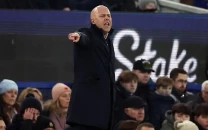
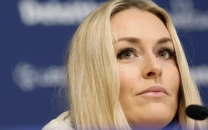
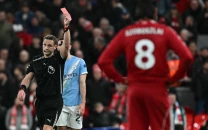


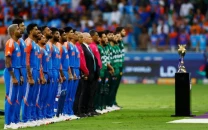












COMMENTS
Comments are moderated and generally will be posted if they are on-topic and not abusive.
For more information, please see our Comments FAQ